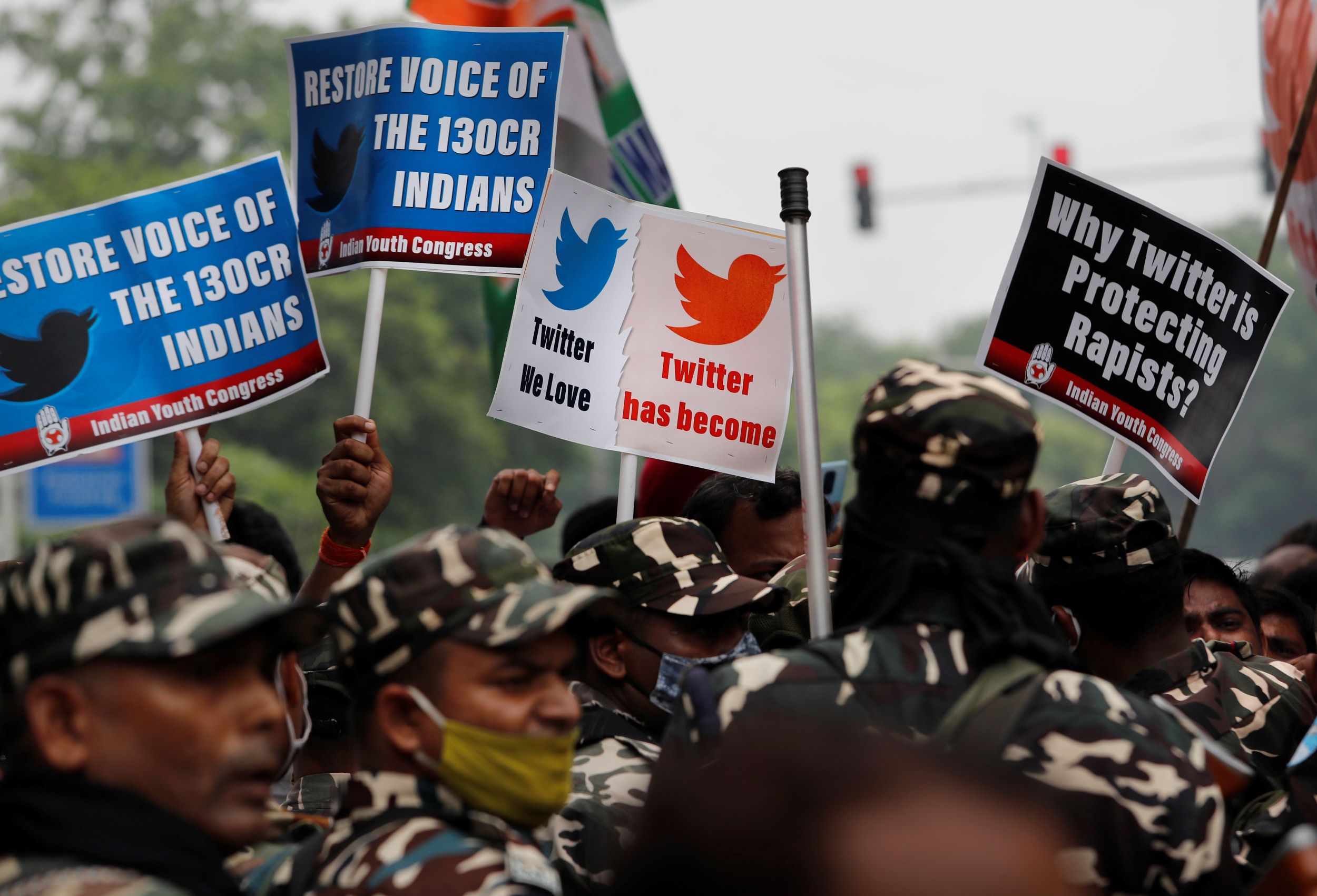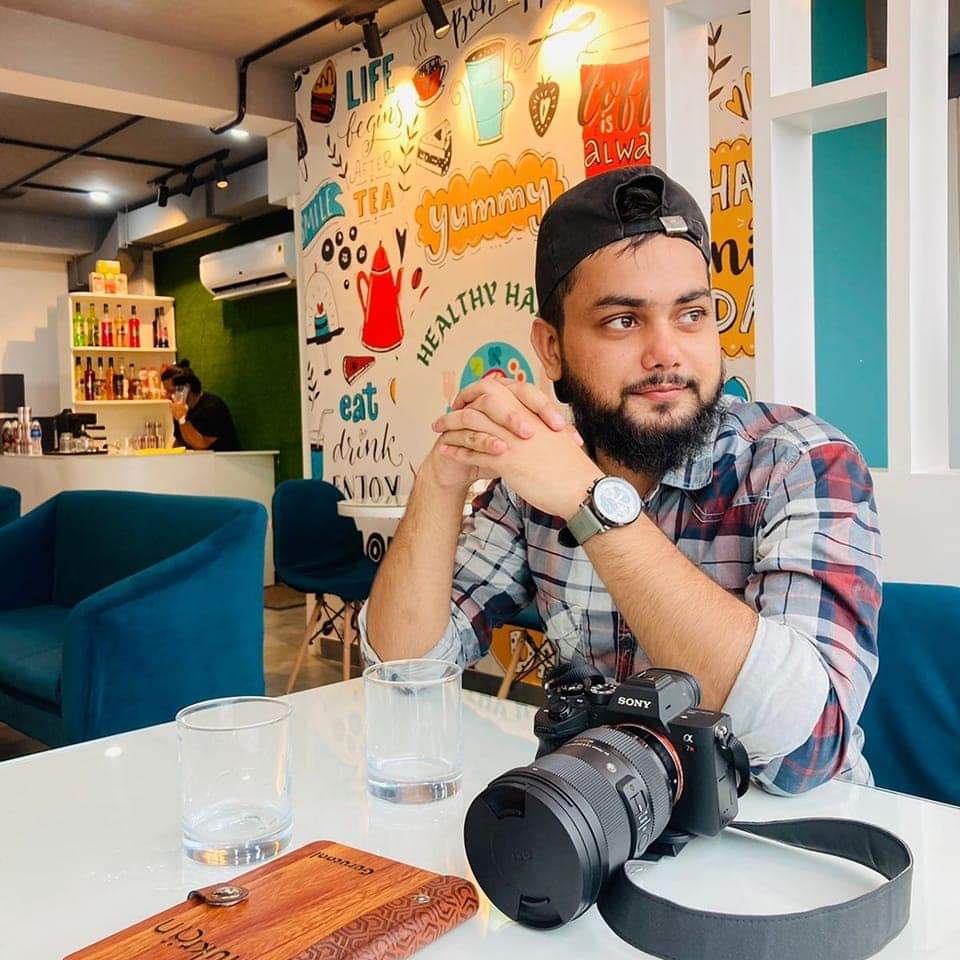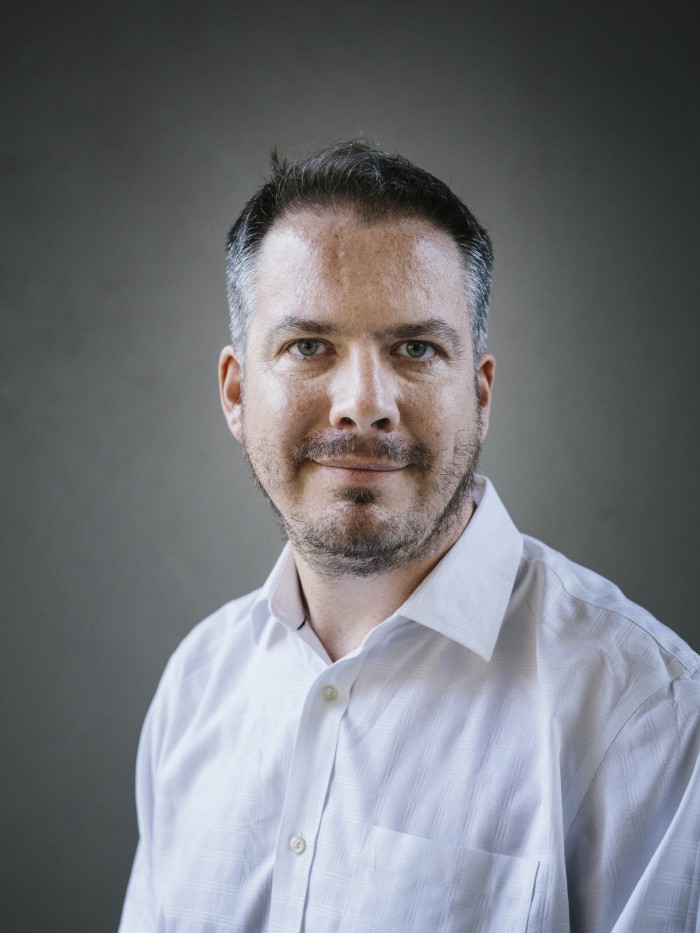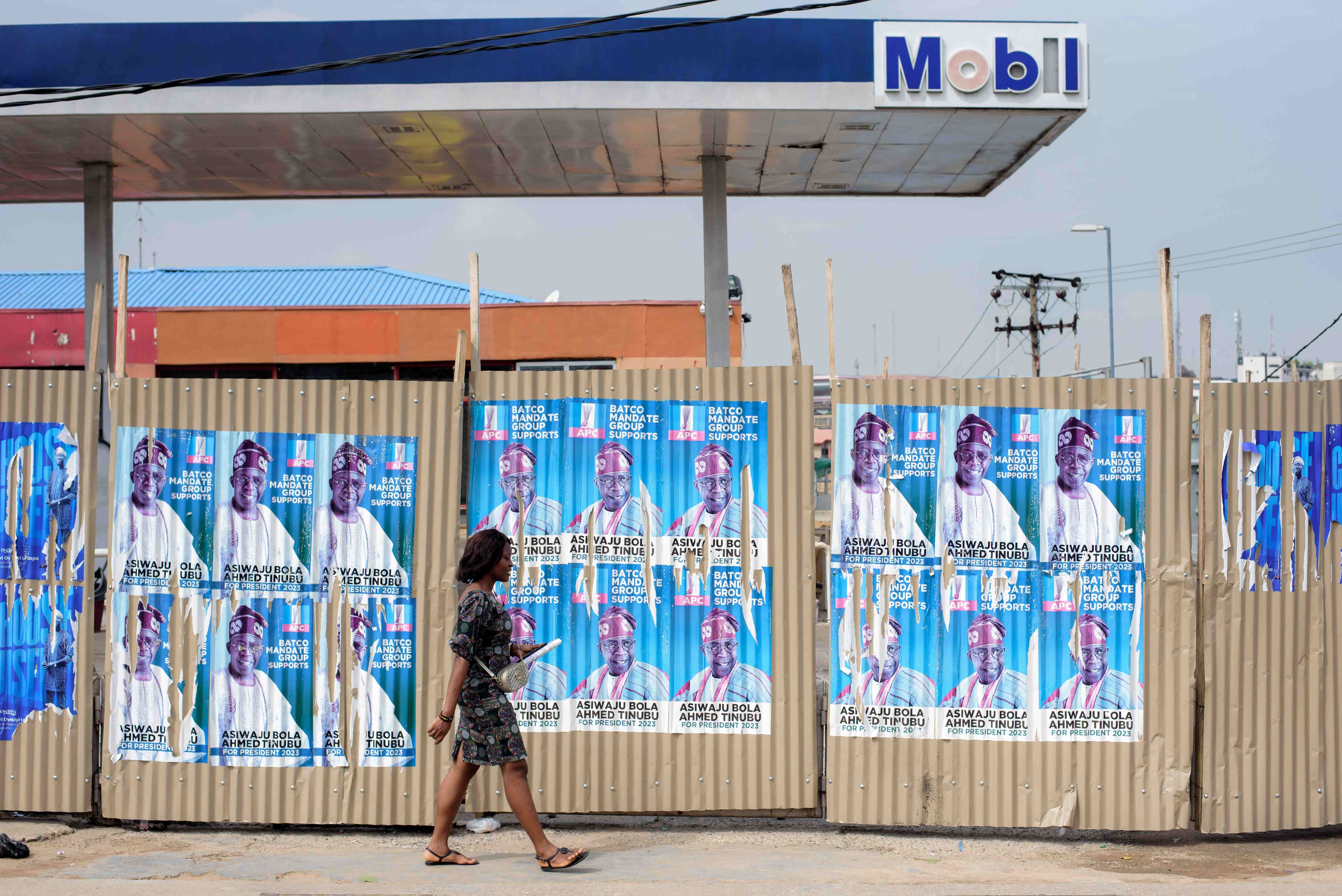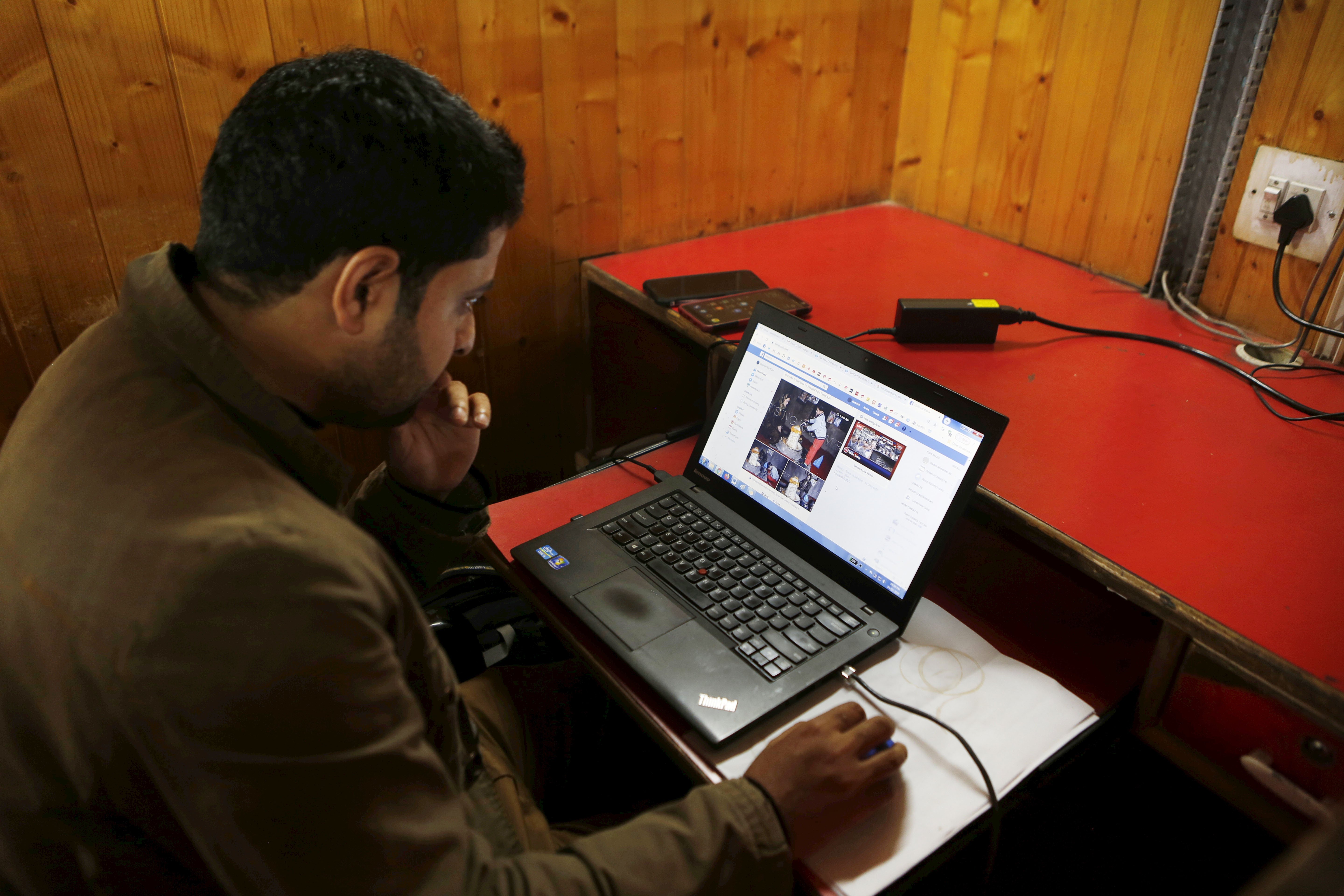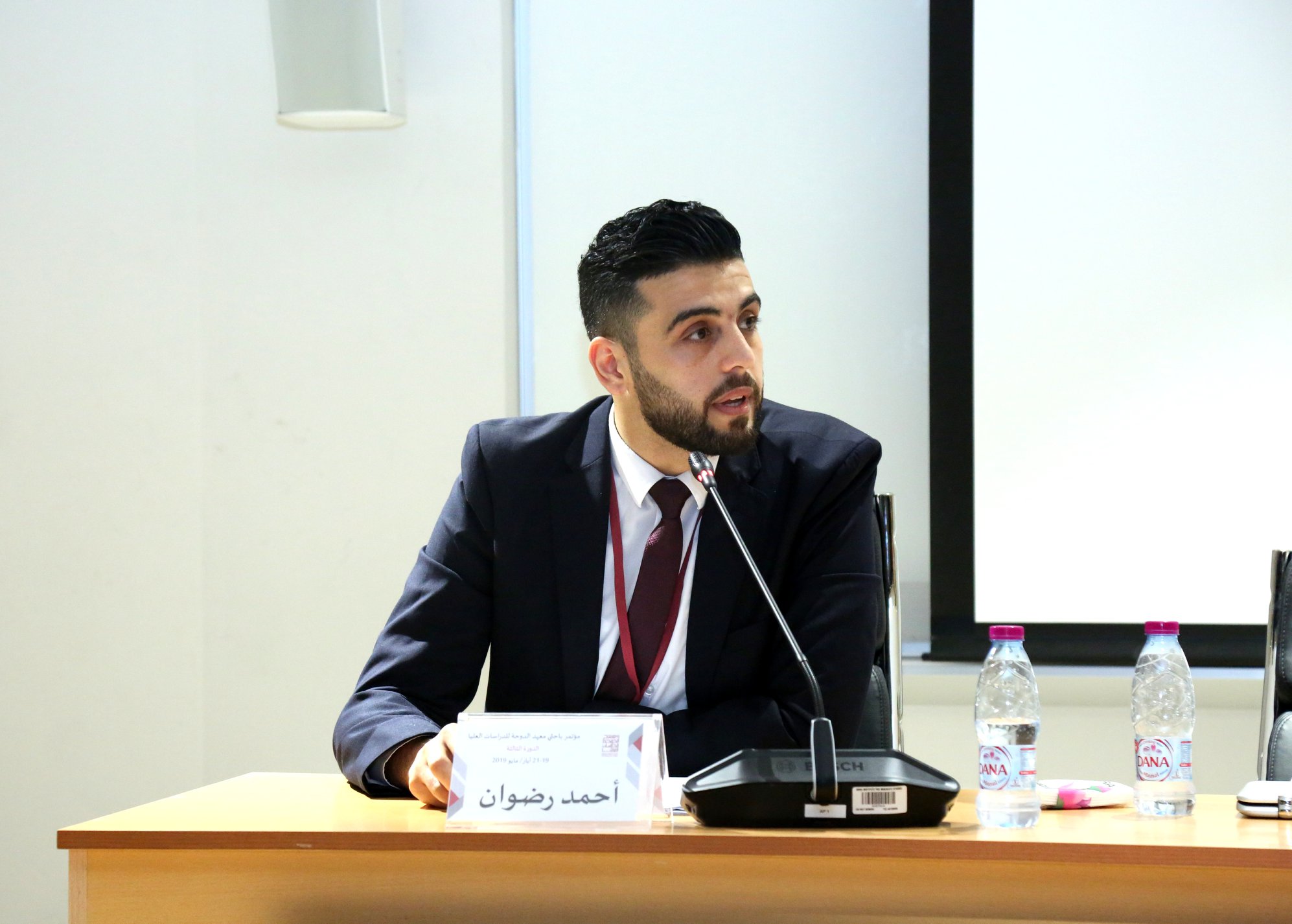Global Rules, Local Consequences: How Biased Moderation Fuels Disinformation in the Global South.
Unequal systems of AI and human oversight are failing to protect and often silencing non-Western voices online.
The UN Global Risk Report 2024 identifies disinformation as one of the major global threats, with the potential to heighten geopolitical tensions and societal discord worldwide. However, the way this challenge is addressed varies across countries. The effort social media companies invest in content moderation differs significantly by region, directly impacting the disinformation ecosystems in each area. Where moderation is ineffective, dis- and misinformation spread more easily. Evidence of this was seen in the case of X, where malicious actors exploited weaknesses in the moderation system to fuel disinformation campaigns.
Following X’s lead, both Meta and TikTok have recently begun experimenting with community-based fact-checking systems. In January 2025, Meta announced its withdrawal from its fact-checking program with independent organizations, “starting from the US.” Mona Elswah, lecturer in Digital Media Governance at the University of Exeter, commented: “The possibility of a withdrawal in other countries is worrying, since Meta is supporting a lot of independent fact-checking organisations in non-democratic countries in the Global South.” Fact-checkers from these regions have echoed this concern, warning that without this support, flaws in moderation systems will have an even greater impact in already vulnerable contexts. What exactly are these faults?
Manual Moderation: Unequal Resources and Cultural Blind Spots
Although most social media users live in the Global South, moderation efforts and resources are concentrated in the Global North. There is a big discrepancy between the number of manual moderators assigned to a language and the number of speakers using that language online. Internal Facebook documents leaked by Frances Haugen in 2021 revealed that the platform spent 87 percent of its misinformation budget on English-language content, despite only 9 percent of users posting in English at the time. A former Meta employee added, “While I was working at Meta, the Trust & Safety team (in charge of moderation) prioritised the US.”
This disparity reflects a broader power imbalance between Western-based platforms and third-party moderator suppliers in the Global South. Research from Cornell University points out that social media companies can “easily switch between different suppliers and find cheap labour elsewhere.” Poor working conditions for moderators have been widely criticized, not only for degrading the quality of moderation but also for reinforcing inequities between the West and the “Rest.”
Moreover, content moderators are often tasked with reviewing content in languages they don’t fully understand. Diyi Liu, a postdoctoral researcher in Communication at the University of Copenhagen, told Al Jazeera Journalism Review, “Companies hire people in a specific market (i.e. South East Asia) expecting them to speak all languages of the region.” In 2024, the Centre for Democracy and Technology (CDT) reported that some Arabic-speaking moderators were assigned to moderate dialects they could not comprehend. Similarly, Tech Policy Press revealed in May 2025 that content is often machine-translated into English, and moderators are “not told what the original language was”—stripping words of their social and cultural meaning. Eugenia Siapera, Professor of Digital Technology, Policy and Society at University College Dublin, noted: “In research we conducted on job offers in content moderation, the language level requested was B2. This implies that you cannot understand the irony and nuances of a language.”
AI Automated Moderation and Low-Resource Languages
Another issue in content moderation stems from a broader issue of digital disparity: most AI moderation systems are trained primarily in English. This is largely because AI relies on content sourced from the internet, where only about 5% of the world's 7,000 languages are consistently represented. As a result, systems developed within anglophone contexts often struggle to effectively moderate content across the vast linguistic diversity of global users.
As a result, failures in automated content moderation have been reported across multiple languages. In some cases, these systems have failed to detect genuinely harmful or hateful content; in others, they have wrongly flagged benign posts, inadvertently contributing to censorship and limiting free speech.
Aditya Vashistha, Assistant Professor at Cornell University and head of the Cornell Global AI Initiative, has investigated several of these issues. In an interview with AJR, he explained that while AI can flag disability-related slurs in English, it frequently misses similar bias in Hindi. “The exact translation of the same sentence will be flagged as less toxic,” he explained. According to his research, this is hardly surprising, Facebook did not implement a hate speech classifier for Bengali until 2020, despite Bengali being one of the most widely spoken languages in the world.
Other examples underscore how cultural and linguistic nuance is often lost. In 2024, CDT reported that many Instagram users in the Maghreb region found their comments containing the phrase “Allahu Akbar” (“God is great”) were automatically hidden. A 2025 study suggested this likely stem from AI models trained on Western media, which often associate the phrase with terrorism, overlooking its common and benign use in everyday expressions of joy, grief, or gratitude.
These cases highlight a significant concern: as social media companies are increasingly relying on automated systems in order to tackle harmful content on their platforms, thus the risk of cultural misinterpretation and linguistic bias remains high.
The Cultural Focus on the West
The problem in content moderation also stems from deep-rooted cultural biases. In an increasingly digital world, these biases play a powerful role in shaping what can and cannot be shared online. When determining whether content should remain on a platform, companies typically cite three guiding principles: first, international human rights frameworks, often criticized for reflecting a Western-centric, liberal tradition; second, national laws and regulations; and third, the company’s own Community Guidelines.
As reported by the Centre for Democracy and Technology (CDT), companies take different approaches to balancing these criteria. Meta, for instance, adopts a global policy model, applying “a uniform set of policies to all users worldwide.” However, this approach often overlooks local cultural and political nuances. A study conducted by Aditya Vashistha and Farhana Shahid at Cornell University, based on interviews with 19 Bangladeshi social media users, found that Facebook’s enforcement of community standards reflects a distinctly Western perspective. One participant observed that the platform’s policies on racial hate speech are rooted in Western definitions, which do not always align with local realities. Professor Vashistha told AJR that current moderation systems frequently fail to recognize non-Western forms of discriminatory speech, such as caste bias.
A similar issue was raised by a Swahili language researcher in another study, who examined Google's “Perspective” API. “While in the United States, people casually use the word ‘dawg’ to refer to a friend, in Kenya the same term is highly disrespectful,” the researcher noted. “Likewise, while calling someone ‘fat’ may be seen as body shaming in the U.S., in parts of Africa it conveys beauty and prosperity. But Google’s moderation system applied American norms, missing this entirely.”
Eugenia Siapera, Professor of Digital Technology, Policy and Society, explained: “Companies operate within a liberal framework. Within that, they’re doing all they can. But the framework itself is not enough, it’s historically blind.”
In response to this dominant Western framing, some platforms have attempted to localize their moderation policies. TikTok, for example, has made efforts to tailor its approach to specific regional contexts. According to Mona Elswah, TikTok is “trying to be the counter-hegemony in the Global South.” She noted that users in the Maghreb region often find TikTok more trustworthy than Meta platforms, as content is less likely to be removed.
However, this localized approach raises its own concerns. As reported by CDT, aligning moderation with local norms and laws may threaten free expression. “What if I want to challenge the norms of my country?” Elswah asks. This tension underscores the complex trade-offs between cultural sensitivity and the right to dissent.
The Political and Economic Aspect
Although culture plays a significant role in shaping discourse on social media, faults in moderation systems can also be traced to more tangible factors. Economic and political considerations are central to companies’ decisions around workforce allocation for content moderation, as well as their compliance with laws and regulations.
According to multiple researchers interviewed by AJR, the size of a company’s market in a given region is one of the most important factors influencing where moderation resources are deployed. However, increased attention to moderation in certain regions cannot be explained by market size alone. National laws and regulatory frameworks also shape moderation practices. For instance, in 2017, Germany passed a bill threatening fines of up to 50 million euros for social media companies that failed to remove illegal content in a timely manner.
Beyond regulatory compliance, political agendas also influence how content is moderated. In 2018, Facebook complied with Turkey’s demand to block the page of the Kurdish militant group People’s Protection Units (YPG). This is not an isolated case—both Meta and TikTok publish annual reports detailing government requests for content removal. Eugenia Siapera recounted: “An industry insider once told me that they get a lot of requests from politicians. Generally, they try not to comply if it compromises freedom of expression, but of course, they have to follow the decisions of the company’s headquarters.”
According to Mona Elswah, the reality is that “tech companies abide by the laws where they can be held accountable.” This inevitably creates disparities between countries and political systems. However, she adds, one force that should not be underestimated is “the pressure of public opinion coming from civil society actors and journalists,” who continue to hold companies accountable for their decisions.


